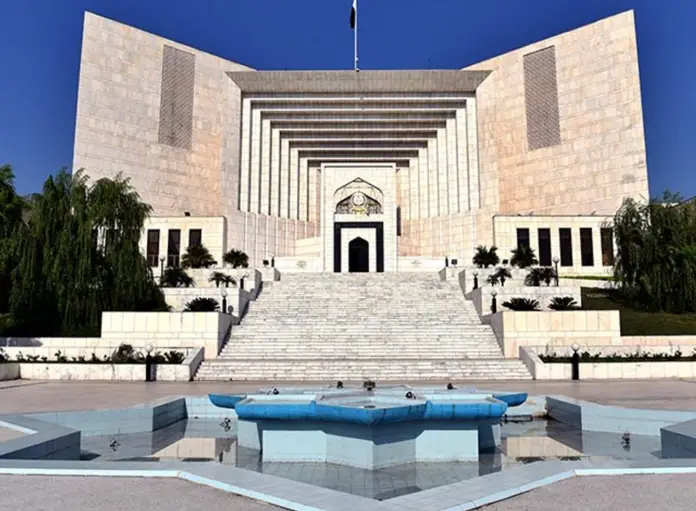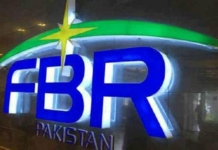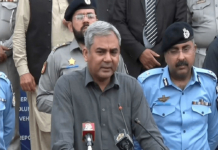The Supreme Court Registrar on Thursday returned the petition of Pakistan Tehreek-i-Insaf (PTI) regarding its long march with objections.
Barrister Ali Zafar filed the petition in the apex court on behalf of PTI Secretary General Asad Umar seeking directions to bar the federal government and other relevant authorities from using coercive measures or intimidating tactics against party activists and leaders, who intended to participate in the long march towards Islamabad.
The constitutional petition was filed under Article 184(3) through PTI’s counsel, Ali Zafar. The petition termed the recent arrests a breach of fundamental rights of free movement, peaceful protest, association, assembly and freedom of speech.
The top court’s registrar’s office returned the petition after raising objections, saying that a similar issue had already been decided in the Islamabad High Court Bar Association case.
The court in its verdict noted that “the top functionaries of the government including the Interior Ministry shall ensure that excessive or disproportionate use of force against the political workers is discontinued immediately.”
In his note, the registrar said the petitioner had not approached “any other appropriate forum available under the law for the same relief and has also not provided any justification for not doing so”.
The court also pointed out that the petitioner had raised a “scandalous matter in paragraphs number 4, 5, 12, and 14”, which it said does not comply with the apex court rules for petitions.
The apex court, in its order, also stated that PTI supporters “have demonstrated (from their past conduct) that they will be peaceful in the exercise of their constitutional rights”.
The government’s actions against the workers and supporters of the former ruling party were also criticised, particularly the use of tear gas and arrests prior to the May 25 long march.
The order maintained that the recent and ongoing actions of the government “are arbitrary, illegal, discriminatory, unlawful, and in violation of law as well as the letter and spirit of the Constitution”.
It is pertinent to mention that the petition posed several questions to the SC, asking whether freedom of movement and the right to peaceful protest and procession is a fundamental rights enshrined in the Constitution.
It also asks whether rights granted under Articles 4 (right to be dealt with in accordance with the law), 5 (loyalty to state and obedience to the Constitution and the law), 8 (laws inconsistent with or in derogation of fundamental rights to be void), 9 (security of person), 10 (safeguards as to arrest and detention), 14 (inviolability of dignity of man), 15 (freedom of movement), 16 (freedom of assembly), 17 (freedom of association), 19 (freedom of speech) and 25 (equality of citizens) can be “unreasonably curtailed by executive authorities through use of disproportionate and unlawful force on peaceful citizenry”. Another question it asks is whether the state and governmental agencies can unlawfully deprive citizens of their liberty, guaranteed under Articles 9 and 10.







